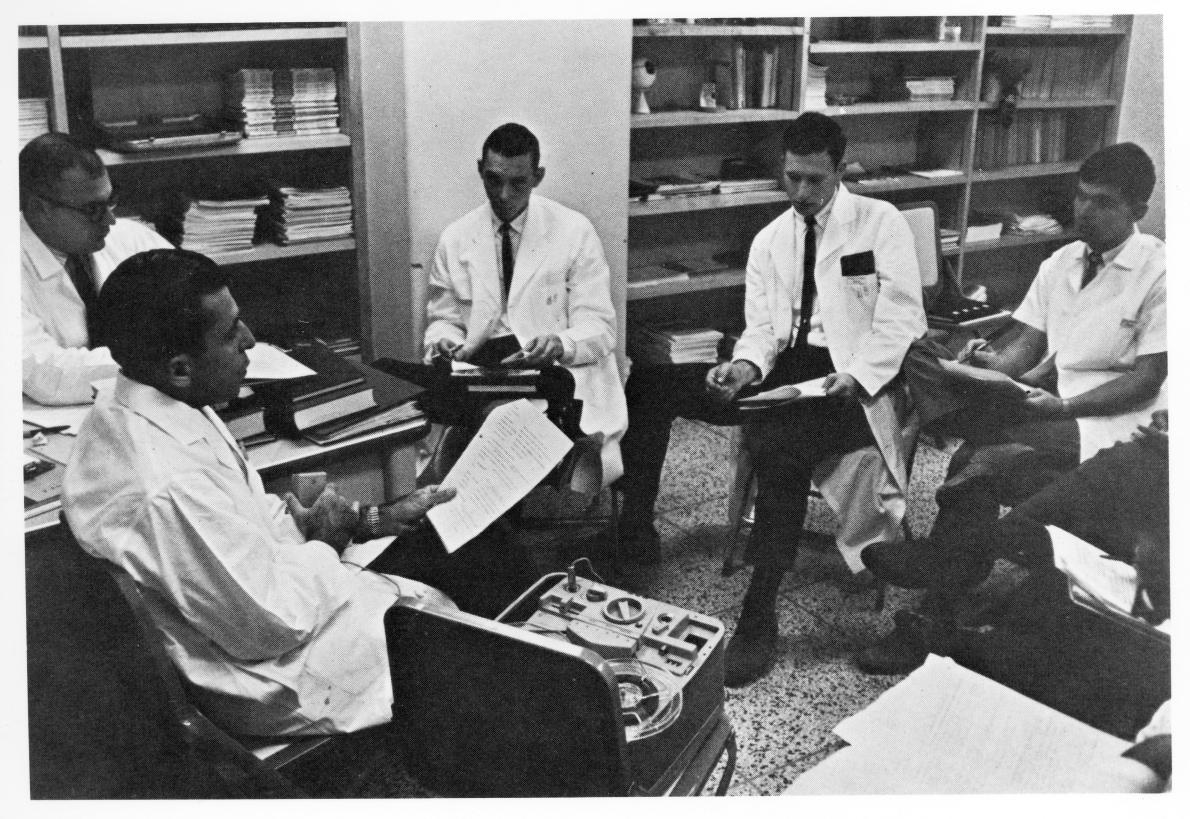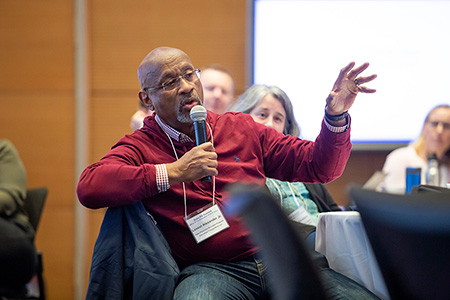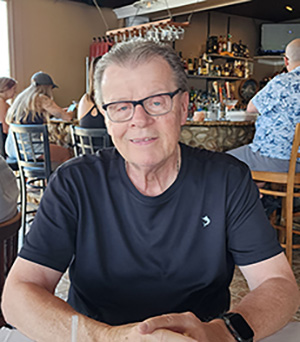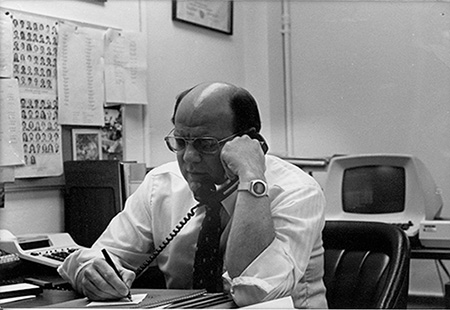Celebrating 60 Years of the Physician Assistant Profession and the Duke PA Program

In 1965, Eugene Stead, MD, then chair of the Duke University Department of Medicine, launched what he called “the biggest innovation in medicine in my lifetime”: the physician assistant (PA) profession. With the founding of the Duke University PA Program, he sparked a movement that would change health care delivery across the country.
Over the past six decades, Duke’s commitment has helped shape a field that has grown exponentially, from Duke’s single program graduating 67 students in its early years to more than 315 programs graduating over 219,000 students by 2025.
In 1967, Duke’s PA Program joined the newly formed Department of Community Health Sciences (now Family Medicine and Community Health), cementing a culture of innovation and community impact.
“As we celebrate 60 years of the Duke PA Program, we honor a legacy of innovation, compassion, and excellence in health care education,” said Anthony Viera, MD, current chair of the Department of Family Medicine and Community Health. “We are proud that Duke not only launched this profession, but that our faculty continue building on this foundation, preparing future clinicians and leaders who will advance community health and redefine what’s possible in team-based patient care.”

Over the decades, PAs have gained prescribing authority in most states, expanded into specialties such as psychiatry and critical care, and become vital providers in rural, underserved, and specialty care settings. This evolution has been driven by both a shrinking pool of medical school applicants and a growing population with complex health needs.
“What began as an effort to fill a gap between nurses and doctors has evolved into a profession that is an essential collaborator in the health care system,” said Lovest Alexander Jr., MHS, PA-C, associate professor in family medicine and community health and a 1978 alum of the Duke program. “It’s not a second-choice career; it’s a primary choice for many students.”
Duke’s Enduring Leadership

Gilbert R. Nelmes, RPA-C, a 1971 graduate of the Duke PA Program, reflects on the program’s legacy:
“The Duke University Physician Assistant Program has enjoyed 60 years of number one ranking. This success will continue due to the level of commitment Duke University has made to the PA profession.”
The PA profession continues to look to Duke for leadership and innovation. Alumni have driven key changes, from legislative advocacy to the evolution of the professional title. Reginald Carter, PhD, PA, who directed Duke’s PA Program and led the Division for PA Education from 1984 to 1999, notes that as early as the 1970s, Duke used the title physician associate — a name now gaining broader acceptance.
The American Academy, established in 1972 by graduates and students of the Duke PA Program, has played a significant role in implementing these systematic changes, Carter said. “The PA profession is now positioned to significantly impact high-quality, affordable health care.”
Proven Leadership

While primary care remains a foundational focus, Alexander notes that the future may include expansion of training to meet high demand for PAs in specialties such as dermatology, cardiothoracic care, and ICU medicine. “With a strong foundation, proven leadership, and a focus on education, research, and diversity, Duke is well-positioned to guide the PA profession into the future,” he said.
Carter calls for PAs to continue to work with medical and nursing leaders to tackle key health care challenges, such as primary care access, prevention, mental health, and public health. “The Duke PA Program should keep creating educational pathways to address health care gaps and maintain its leadership in research, development, and diversity,” he said.
As the number of board-certified PAs in the United States surpasses 200,000, Duke’s pioneering spirit continues to shape the future of health care, just as it did in 1965.
Explore the Legacy
Read more in this detailed history of the first 50 years of the PA profession and Duke’s program.